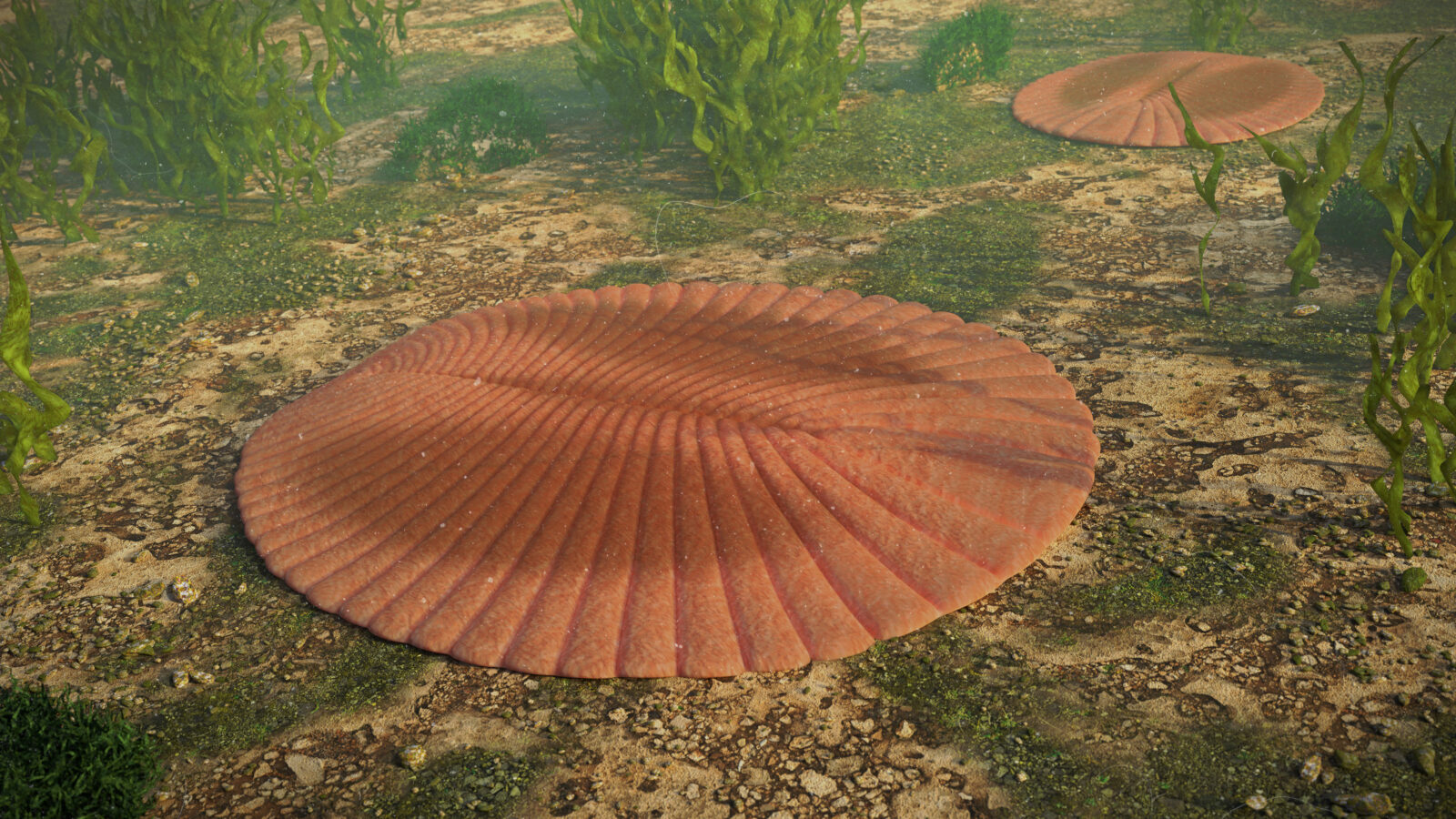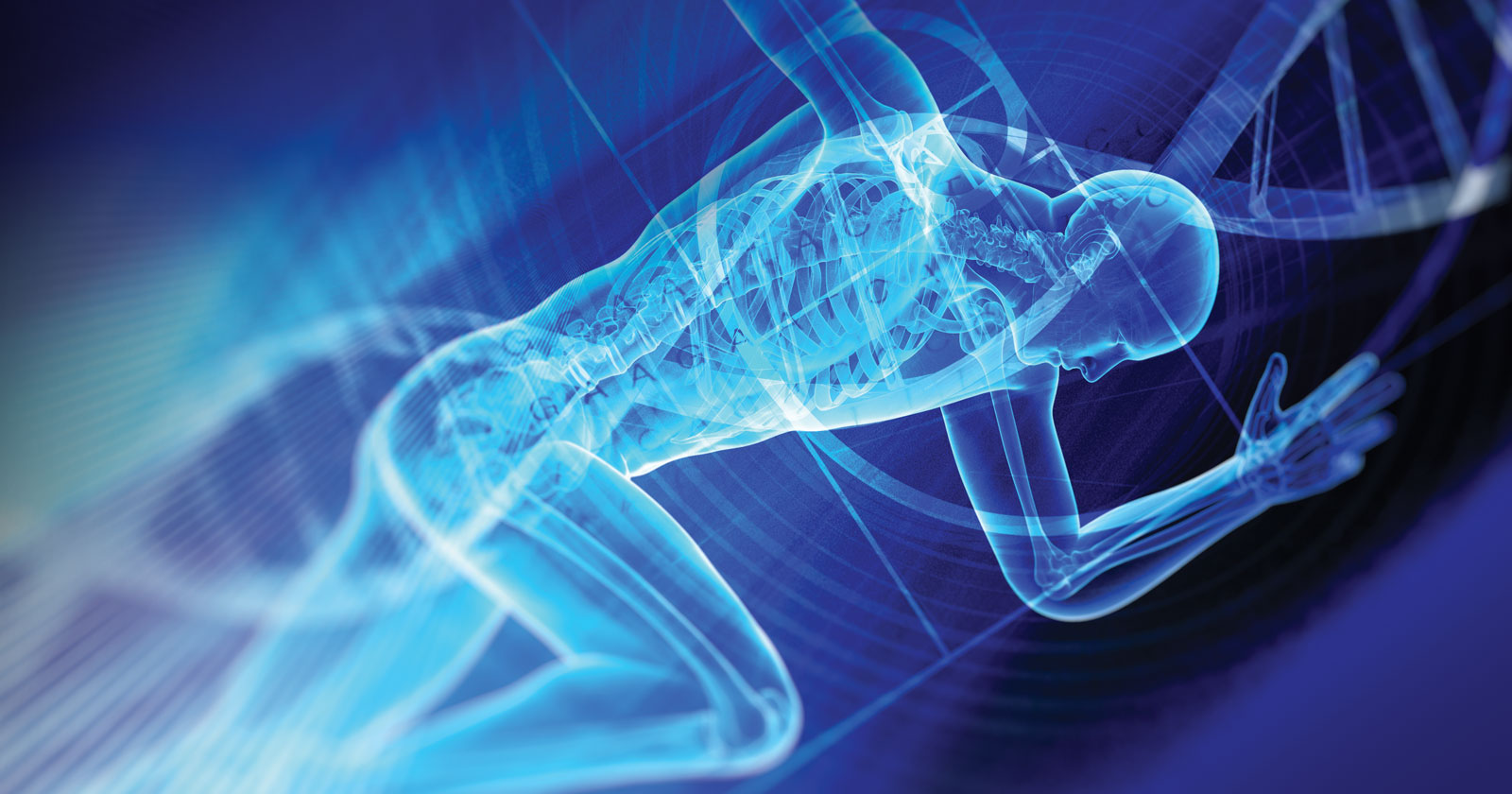


How We Balance Water and Sodium to Maintain Life

Günter Bechly on Why Seventy Years of Textbook Wisdom Was Wrong

How a Teacher Wrecked Biology for Me, and How I Got Past It
On today’s ID the Future, Tom Gilson, a writer and editor for The Stream, shares his experiences in high school biology. Important mysteries (i.e., major problems) with evolutionary theory were hurried past and papered over, and yet his biology teacher could take an entire class period to tell Charles Darwin’s life story, and then repeat the same class, virtually verbatim, five more times that same semester. Tune in to hear how the class put Tom Gilson off of biology, but how he now finds the subject fascinating, thanks to the work of intelligent design researchers and the larger community of life scientists. Gilson’s commentary is taken from, and builds on, a recent essay of his, available at Evolution News.

Your Designed Respiratory System: Causal Circularities and Irreducible Complexities
On this ID the Future, Your Designed Body author and physician Howard Glicksman again sits down with host and professor of neurosurgery Michael Egnor to further explore Glicksman’s new book, co-authored with engineer Steve Laufmann. Here Glicksman gives a quick flyover of what they explore in fascinating depth in the book, namely the irreducible complexity of that extraordinary systems of systems that is the human respiratory system. As Glicksman explains, there are individual systems that are irreducibly complex, and these are joined together into a higher-level system of systems that is also irreducibly complex, marked by causal circularities and coherent interdependencies at every turn. Without all of it guided by various highly precise control mechanisms, no life. Darwinian gradualism is powerless to construct such wonders, Glicksman and Laufmann argue. The better explanation, they suggest, is the ingenious engineering of an intelligent designer. Get your copy of the book here.

More from Casey Luskin on Our Intelligently Designed Planet—Plus Q&A
Today’s ID the Future continues geologist Casey Luskin’s presentation about how Earth is fine tuned in numerous ways for life, a talk he gave at the 2022 Dallas Conference on Science and Faith. Here in the second half, he highlights the many ways Earth’s precise mix of atmospheric gases is strikingly fit for life. On top of that (or rather, beneath that), Earth’s active geology and water-rich surface—unique in our solar system—are masterful at helping maintain our life-friendly atmosphere over long ages. Luskin argues that these and other finely tuned characteristics of planet Earth strongly suggest intelligent design. He then offers an additional design argument, this one aesthetic in nature, and then takes questions from the audience. Part 1 of his talk is here.

The Miracle of Man: Extraordinary “Coincidences” All the Way Down
On today’s ID the Future, Miracle of Man author and biologist Michael Denton continues his conversation with host Eric Anderson. Here Denton does a rapid flyover of several more anthropic “coincidences” in chemistry, biochemistry, and Earth science that are fine tuned to allow air-breathing, bipedal, technology-developing terrestrial creatures like ourselves to exist and thrive. The fine tuning, what Denton calls anthropic prior fitness, would seem to require foresight and planning on literally a cosmic scale. The wide-ranging conversation, the final one in a four-part series, gives a flavor for the breadth—if not the depth and richness—of Denton’s new book from Discovery Institute Press, available here.

The Miracle of Man: Fine Tuning for Blood and Breath
In Part 3 of The Miracle of Man interview with author Michael Denton, the Australian biologist and MD explores with host Eric Anderson some of the bioengineering marvels of the human lung and, more fundamentally, some of the many things about chemistry, the sun, and planet Earth that had to be just so to allow our respiratory and circulatory systems to work—not merely as well as they do but at all. It’s fine tuning for creatures very much like ourselves, what Denton terms The Miracle of Man. “Denton provides the a scientific underpinning for a theistic real humanism far beyond the nihilistic implications of so-called secular humanism,” writes German paleontologist Günter Bechly. “The book deserves to become a game changer that will spark a new enlightenment and re-enchantment of the cosmos in the twenty-first century.” The new book is available at Amazon and other online retailers.

Michael Denton: Remarkable Coincidences in Photosynthesis
On this episode of ID the Future from the vault, we listen in on a few minutes from a lecture given by Australian biochemist Michael Denton, author of the brand new book The Miracle of the Cell. In this segment, Denton explains the “remarkable set of coincidences” that makes the creation of oxygen through photosynthesis possible. From the specific energy of visible light to the unique properties of water, this degree of fine tuning for life shouts intelligent design.

Dr. Michael Denton on Evidence of Fine-Tuning in the Universe
On this year 2012 episode of ID the Future from the vault, Australian biochemist Michael Denton discusses various ways the universe is uniquely fit for carbon-based life, and perhaps even human life. Denton argues that when it comes to evidence of fine-tuning in the universe, the more you look, the more you find. Tune in to discover what he has found that has led him to the inference that our world is intelligently designed. Denton is author of the new book The Miracle of the Cell, where he brings his fine-tuning arguments up to date with a fascinating dive into the extraordinary fine tuning of the chemical elements of life.